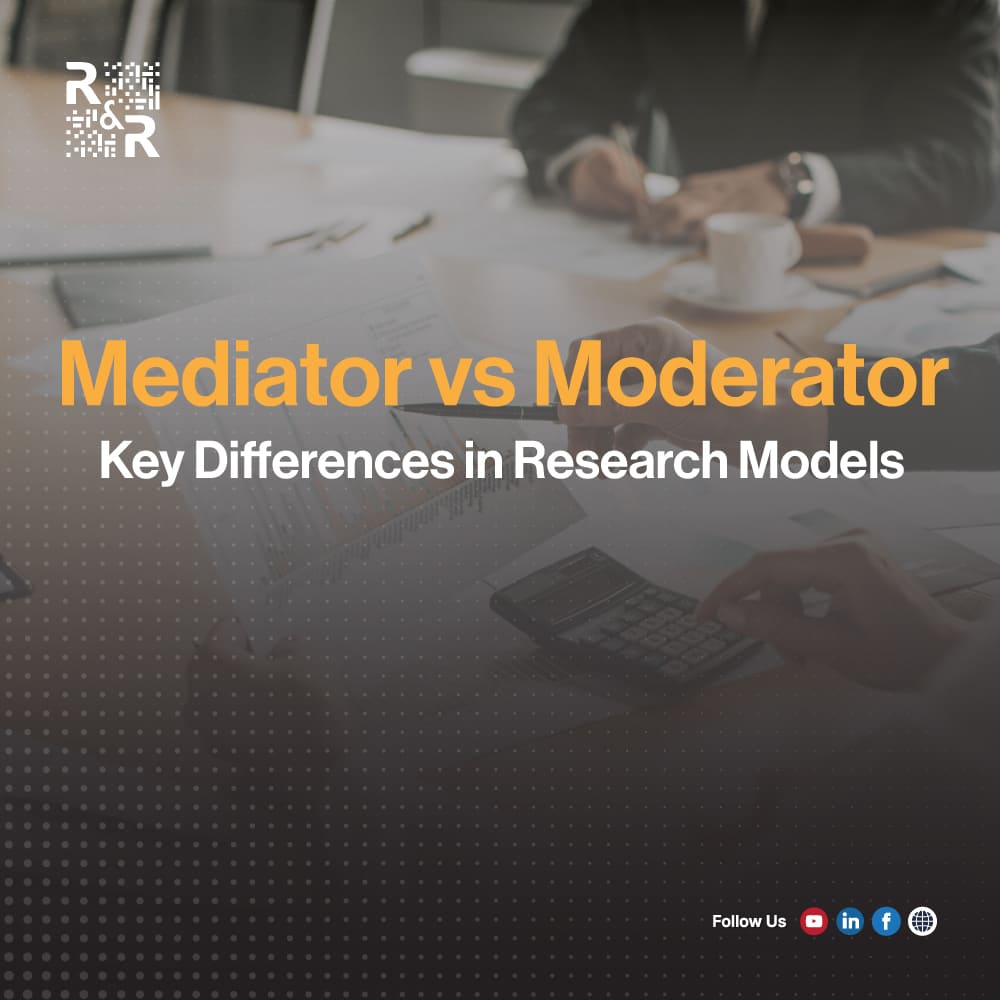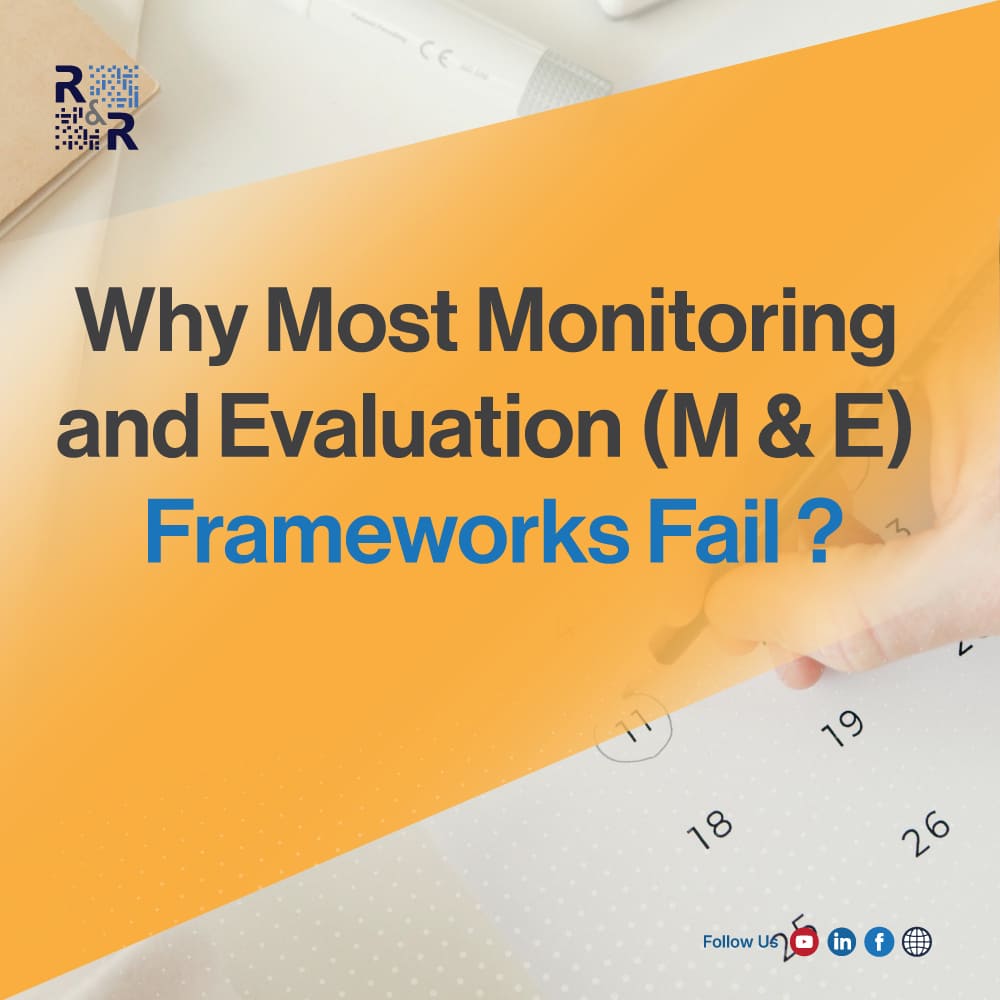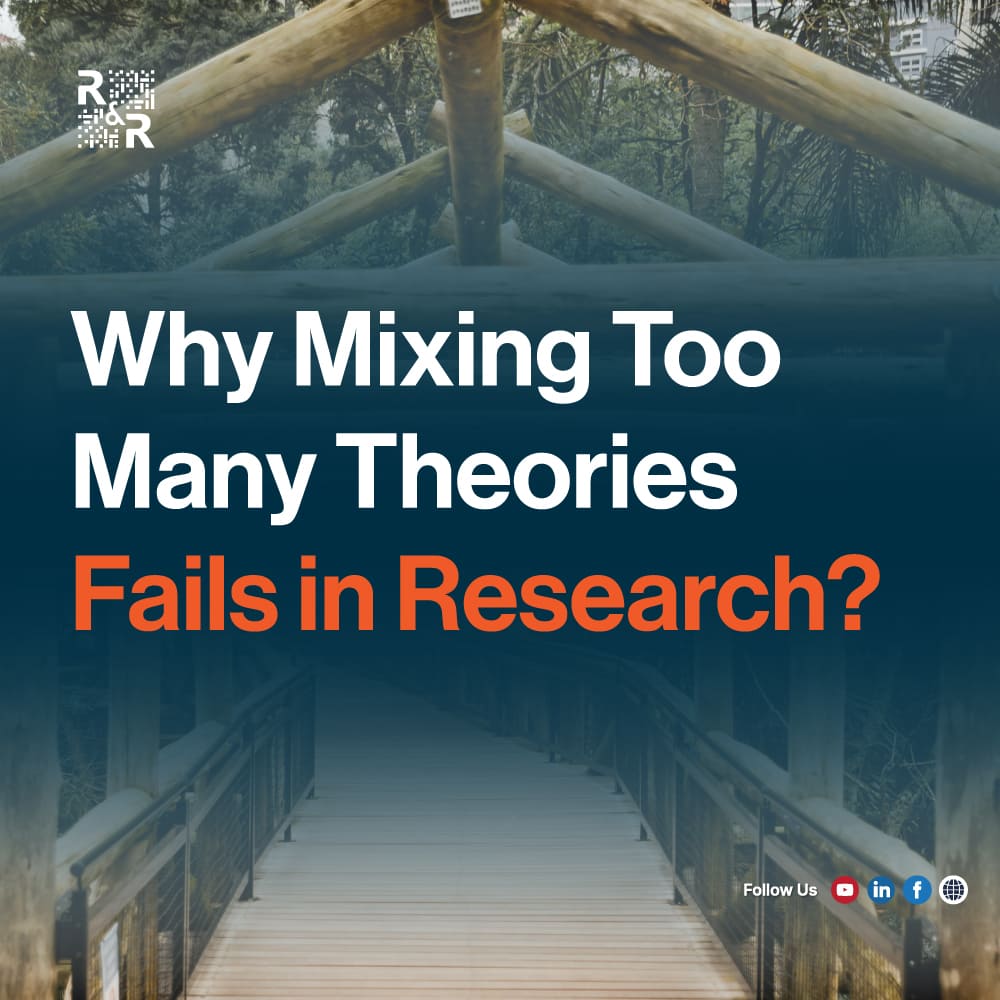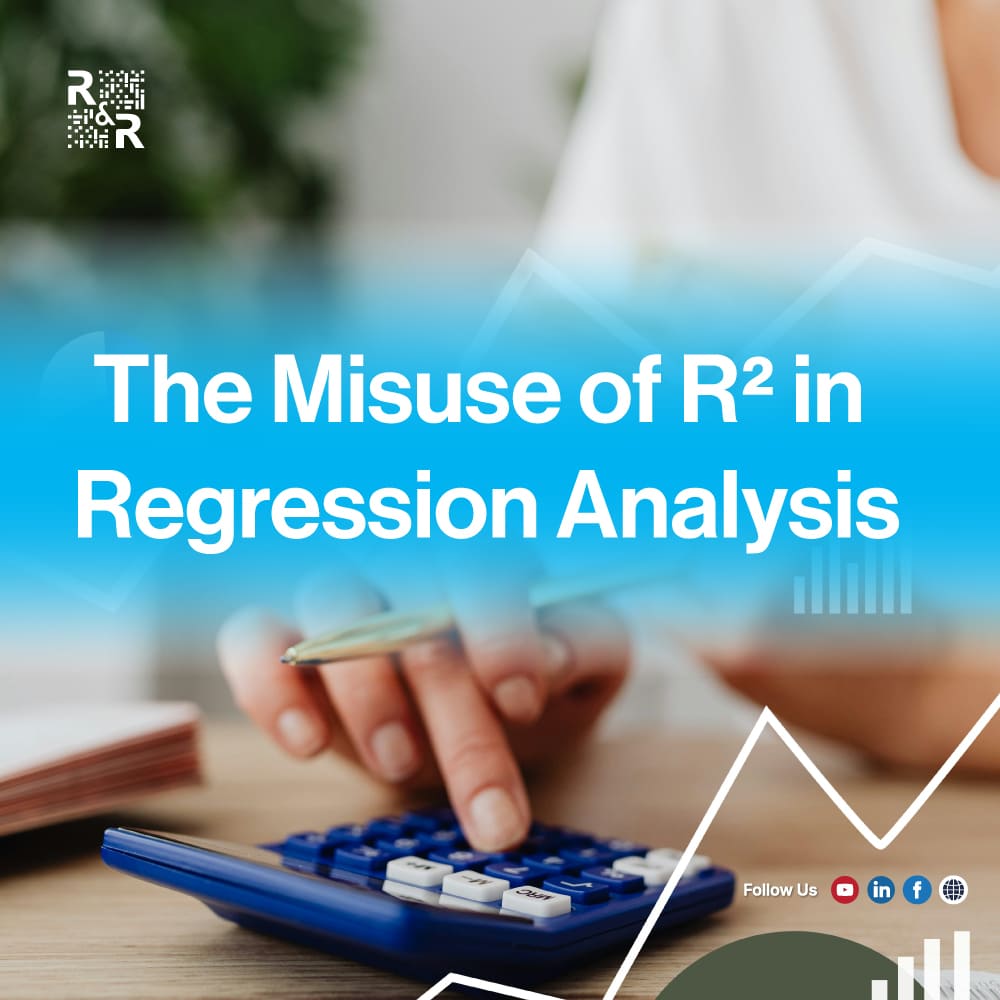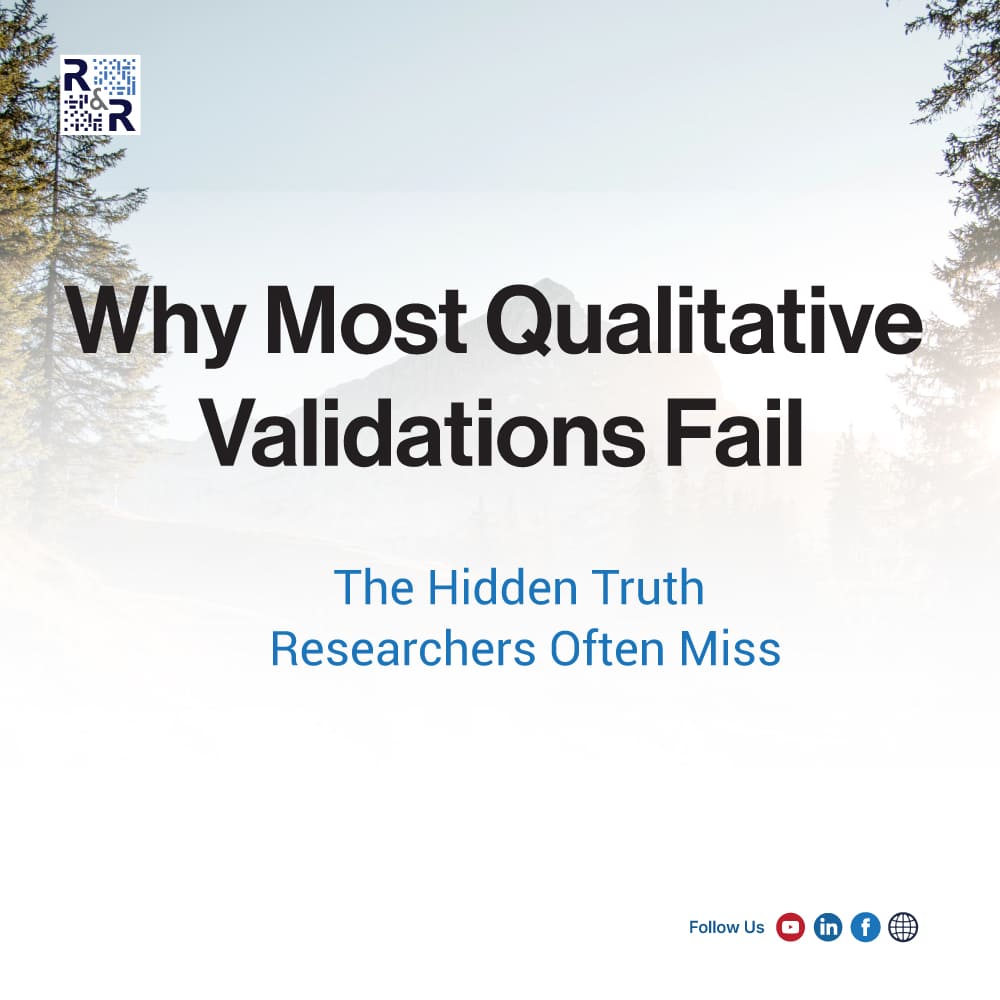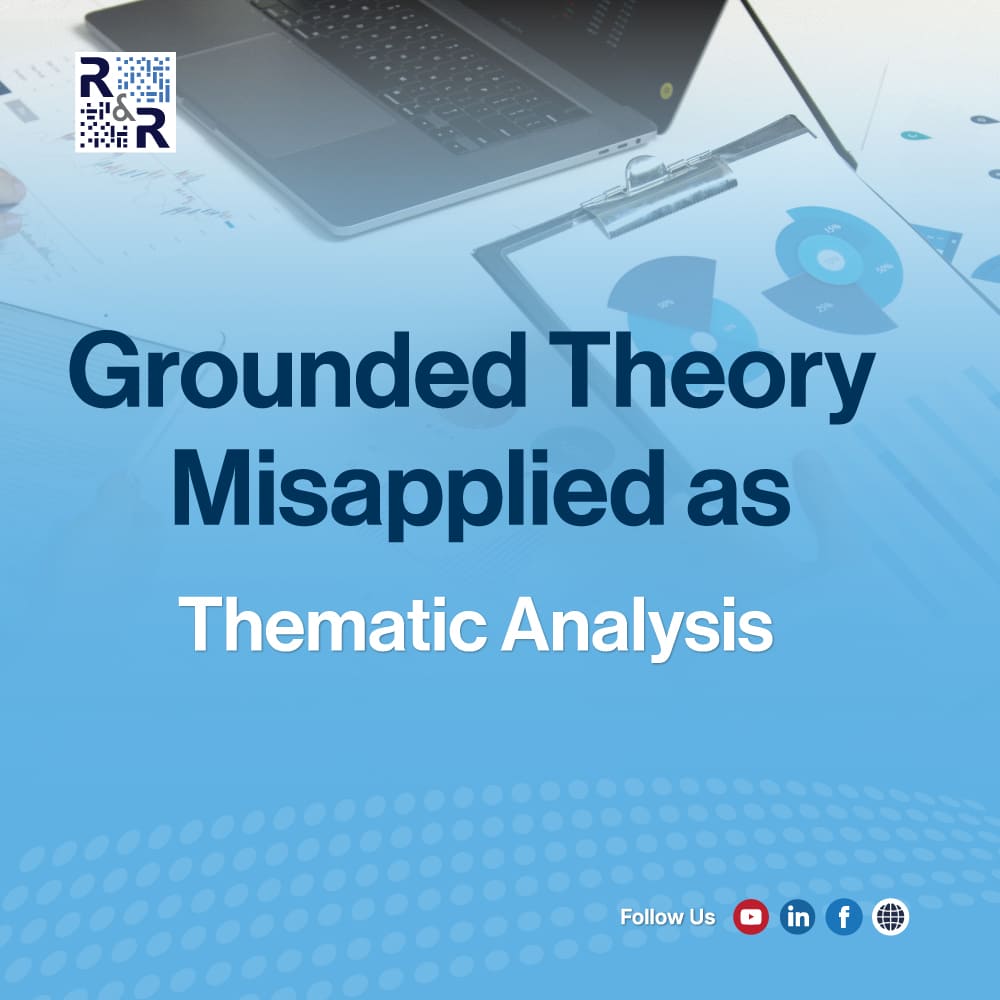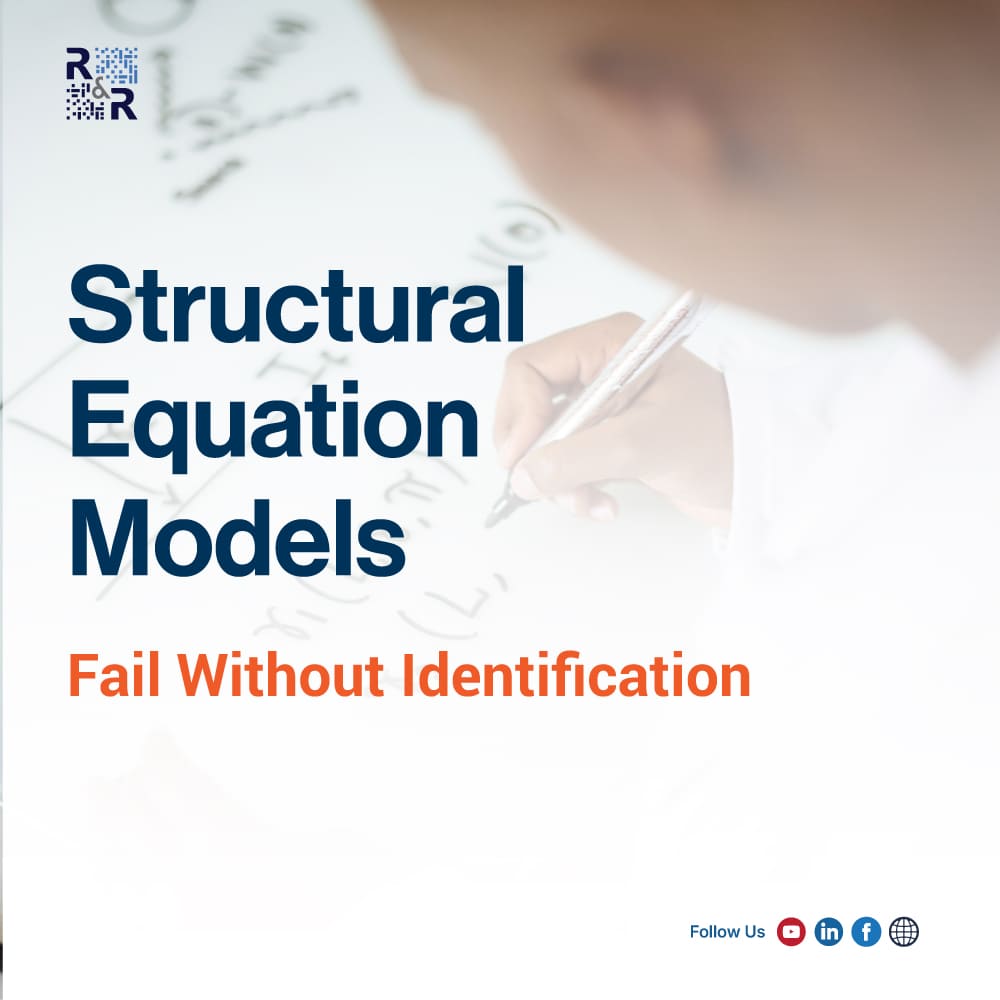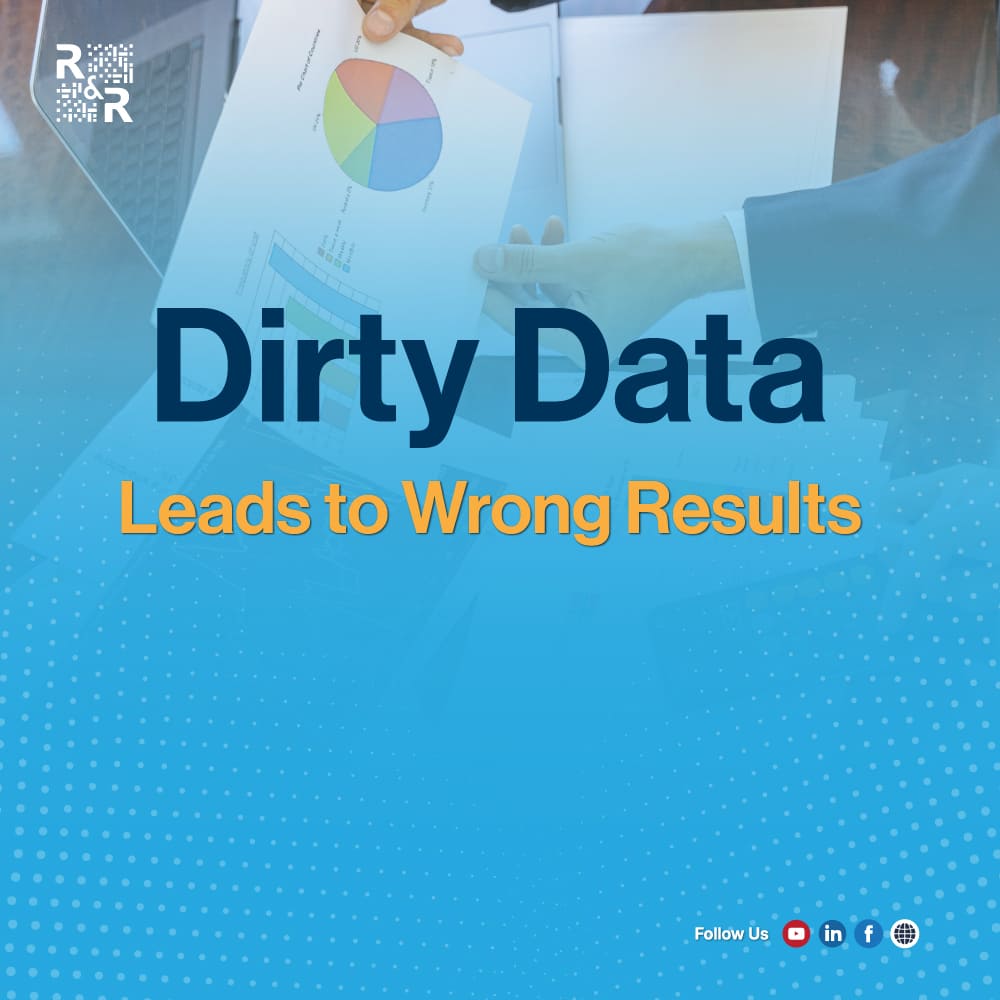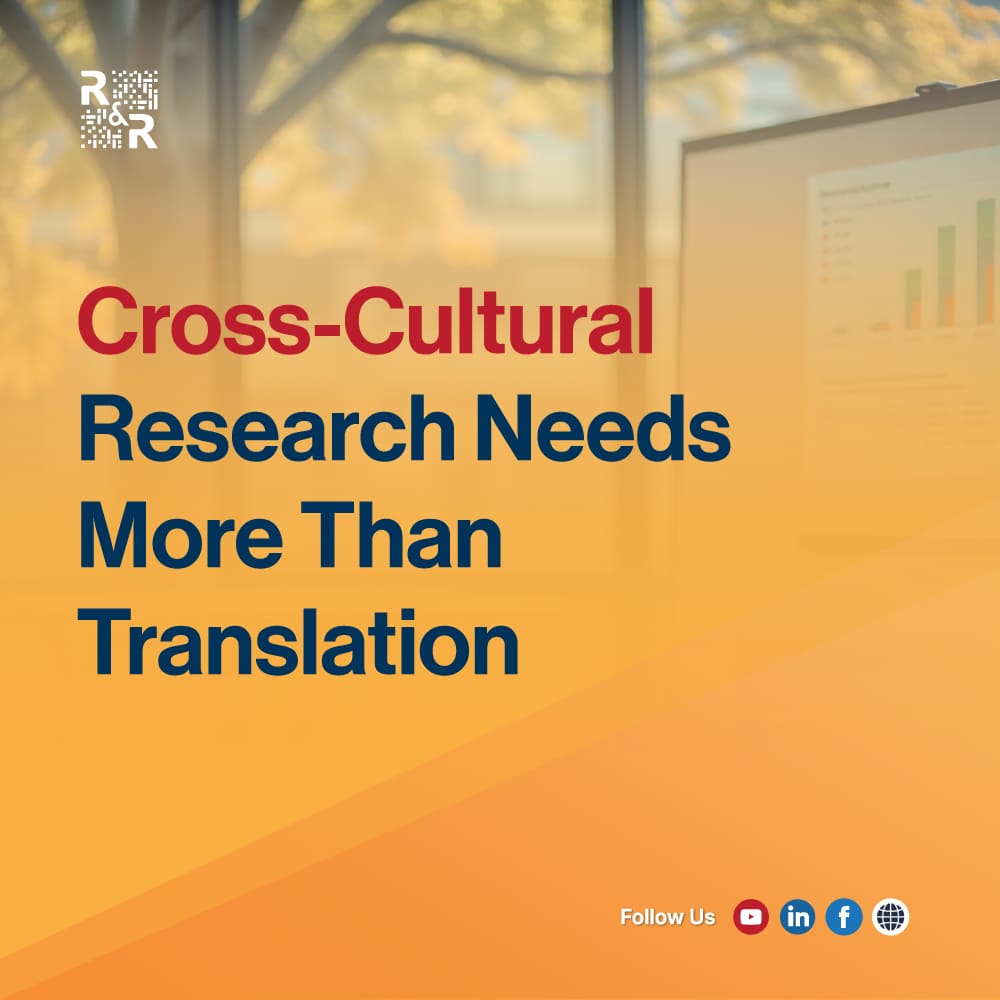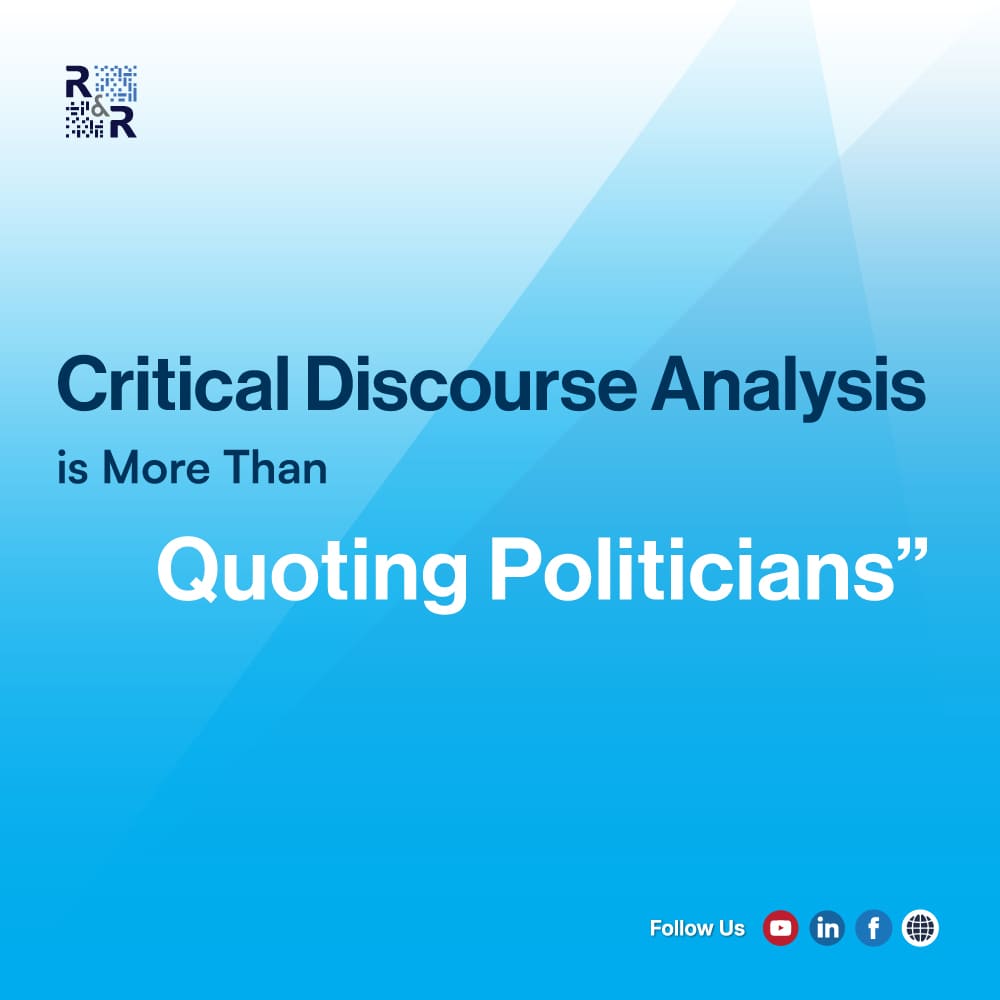Mediator vs Moderator: Key Differences in Research Models
In empirical research, mistaking mediators for moderators (or vice versa) is surprisingly common. Yet the distinction is critical for valid inference, model specification, and publication success. Below, we dig into the conceptual, statistical, and practical nuances—especially those many researchers overlook. Conceptual Foundations In other words: Baron & Kenny’s classic 1986 formulation laid this foundation in … Read more

